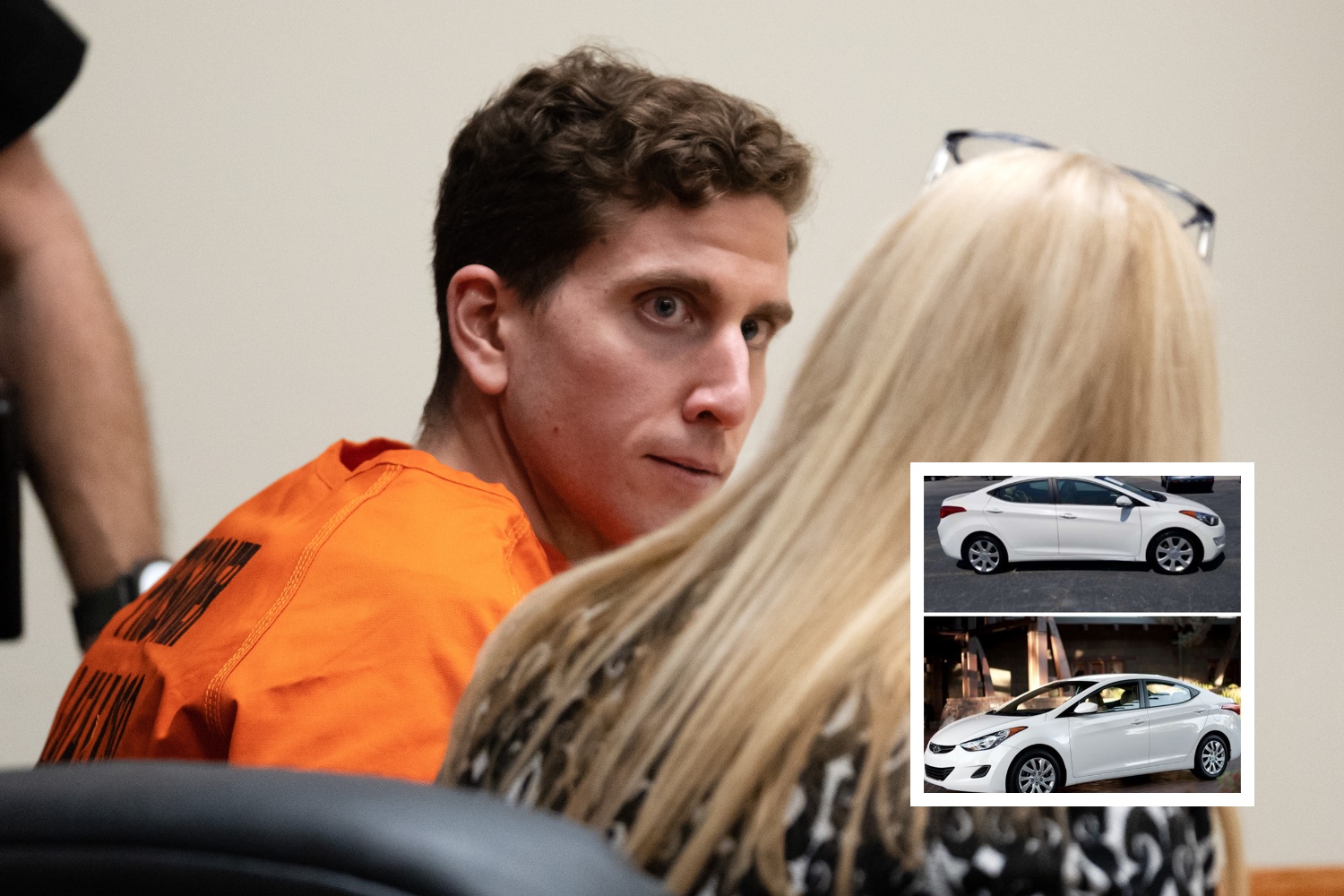Attorney Alan Dershowitz said he is surprised at what University of Idaho murder suspect Bryan Kohberger may have overlooked ahead of his arrest last month.
Kaylee Goncalves, 21, Madison Mogen, 21, Xana Kernodle, 20, and Ethan Chapin, 20, were found stabbed to death on November 13 in an off-campus home rented by three of the victims.
Kohberger, a 28-year-old Ph.D. criminal justice student at Washington State University, was arrested December 30 in connection to the killings. He is charged with four counts of first-degree murder and one count of felony burglary.
Dershowitz, who was part of OJ Simpson’s legal team, joined Law & Crime’s Sidebar podcast to break down the probable cause affidavit police released five days ago.
Kohberger was arrested at his parents’ home in Albrightsville, Pennsylvania, according to the affidavit. He made his first appearance in Idaho court last week after waiving extradition from Pennsylvania. Kohberger’s public defender in Pennsylvania said his client intends to be exonerated.
In the affidavit, investigators outlined how they were able to hunt down Kohberger and tie him to the crime partly by tracking his vehicle, which was on investigators’ radar for weeks.
Dershowitz said he was surprised that Kohberger, if guilty, overlooked such a crucial piece of evidence that led to his eventual arrest: the car.
Shortly after the killings, Moscow Idaho police put out an alert to local law enforcement for a white 2013-2015 Hyundai Elantra.
A WSU police officer found Kohberger’s car when searching for cars matching the police description registered to people at the university on November 29, according to the affidavit.
Moscow Police sent an alert on December 7 asking for the community’s help looking for the occupant of a white Hyundai Elantra with an unknown license plate.
Log into Facebook to start sharing and connecting with your friends, family, and people you know.
Investigators said the vehicle was spotted near the crime scene on the day of the murders and believed the occupant of the vehicle “may have critical information to share regarding this case.”
As a criminal justice major, Dershowitz said Kohberger must have understood that his car fit the description of the car that was seen in the area.
“It’s surprising that, if he’s guilty, he didn’t take the kinds of precautions you’d expect of someone as intelligent and as educated as he is,” he said.
Kohberger was also twice pulled over by Indiana State Police while driving his white Hyundai Elantra with his dad from his residence in Washington to his parents’ home in Pennsylvania.
Dershowitz said there is “no accounting for the stupidity of people” when it comes to committing crimes.
“They all think they’re smarter than the officials and, in the end, in general, the evidence prevails,” he said, adding that the evidence, as outlined in the affidavit, “points to probable guilt.”
Dershowitz said the job of the defense attorney is going to be “very daunting” because “there are too many things that have to be explained.”

According to the affidavit, police have evidence of this vehicle entering the area of the crime scene. Police said the vehicle returned to the scene of the crime later on the morning of November 13.
Dershowitz said the defense’ possible argument against this evidence is a “two-edged sword.”
“A person who’s actually committed these brutal murders wouldn’t go back to the scene of the crime, particularly if he’s a criminal justice major,” he said.
This evidence may not be able to be explained by Kohberger’s defense team, Dershowitz added, as “not every piece of evidence has an innocent explanation.”
Dershowitz said it is difficult to assess the likely outcome of this case until it goes to trial.
In court, the judge will determine which pieces of evidence in the affidavit are admissible in court, if the prosecution can present corroboration, what the defense’s argument will be, and whether Kohberger himself will take the witness stand, he said.
Kohberger has yet to enter a plea but has maintained his innocence. He is expected to return to court in Idaho on Thursday, January 12, 2023.










